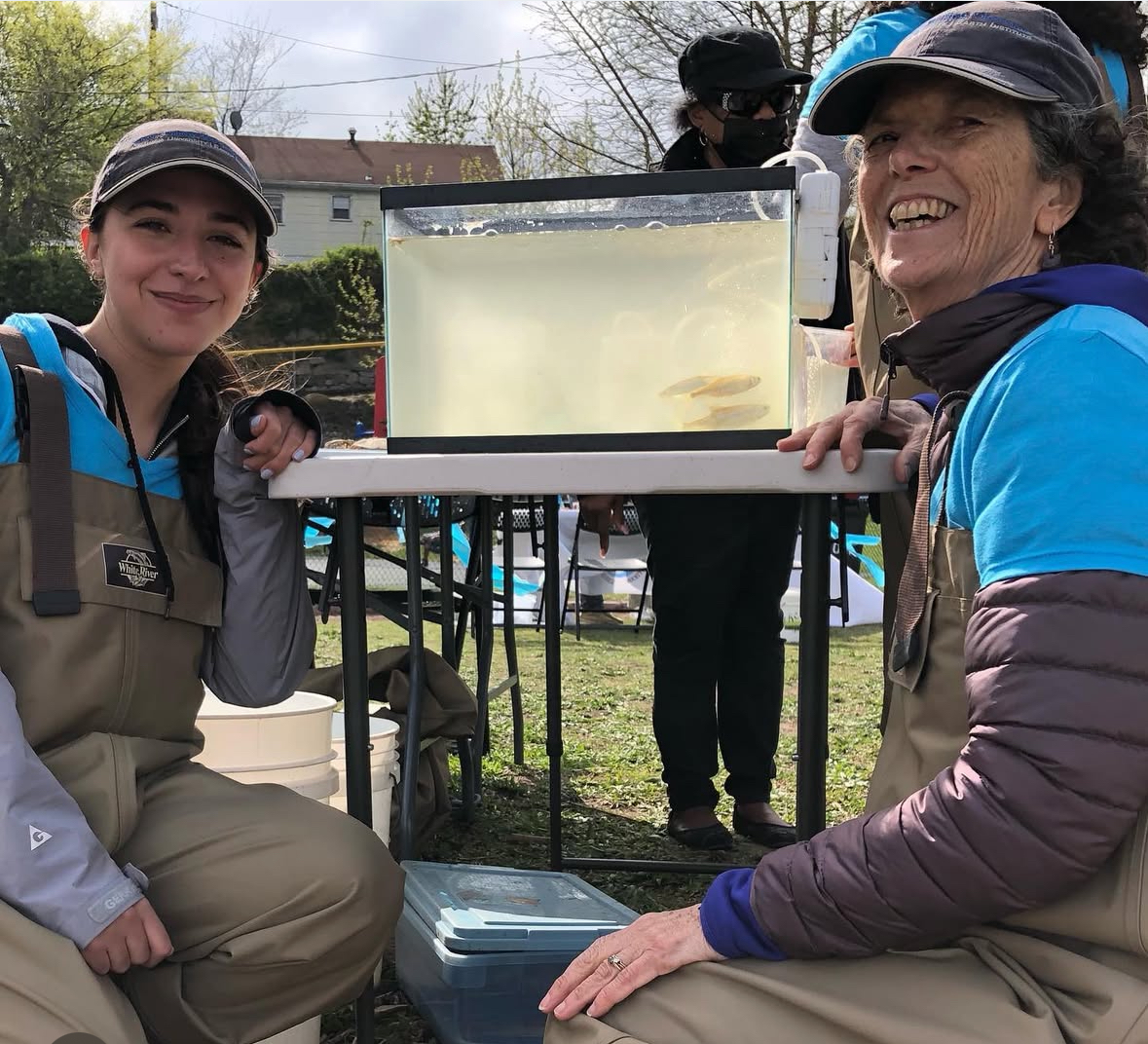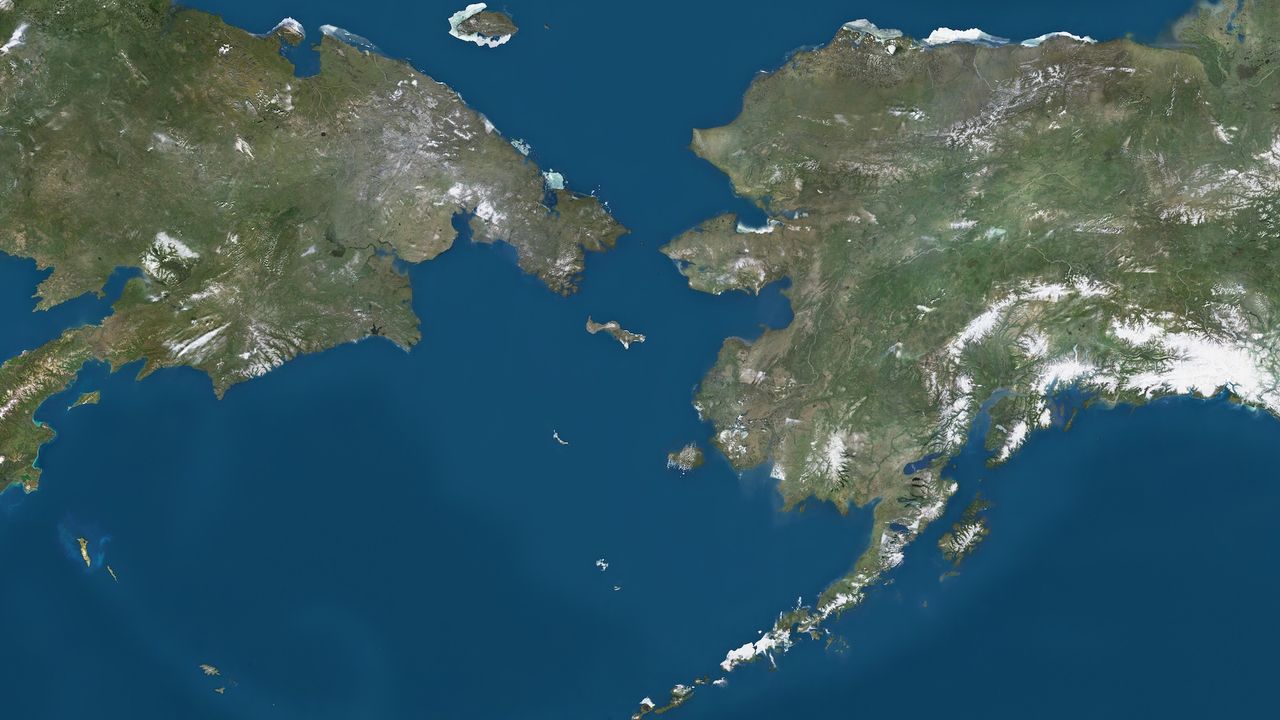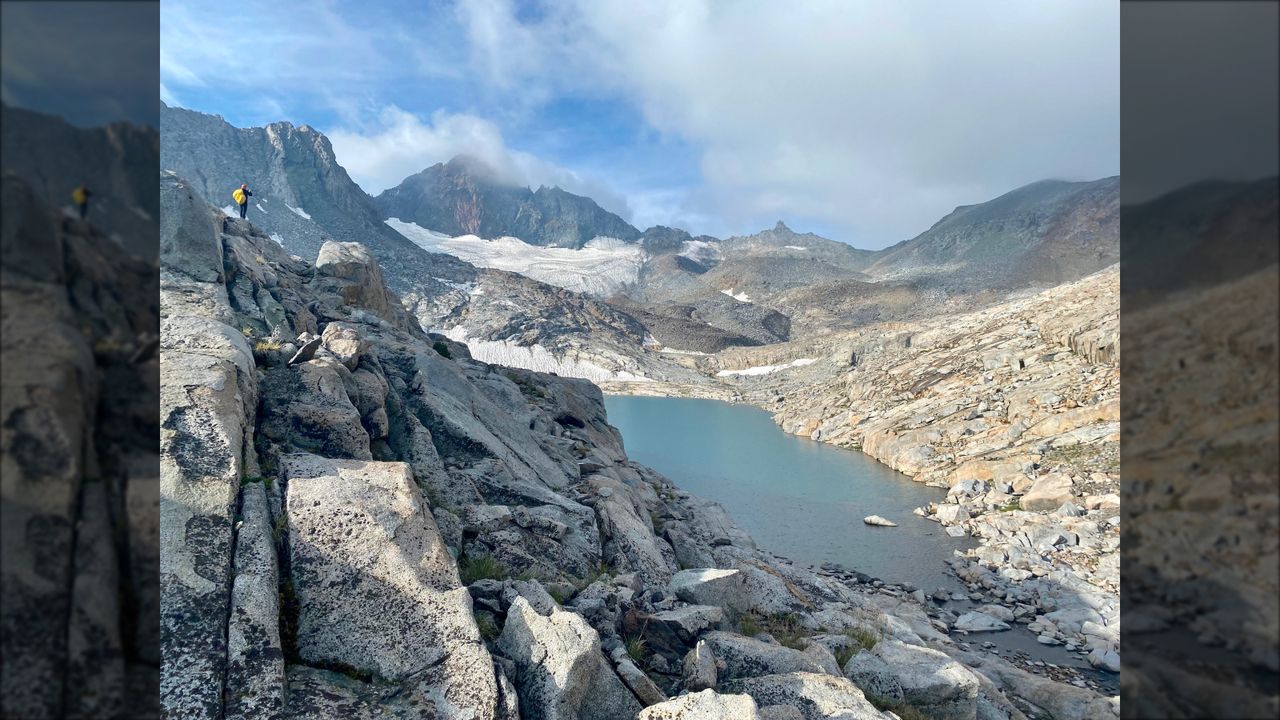Ripple Effects: Water, Youth and Climate Action
PositiveScience

The Columbia Climate School is set to host an exciting pre-college virtual workshop titled 'Ripple Effects: Water in a Warming World' in the fall of 2025. This initiative is significant as it aims to engage youth in climate action, emphasizing the critical relationship between water resources and climate change. By educating the next generation, the workshop seeks to inspire proactive measures to address environmental challenges, making it a vital step towards a sustainable future.
— Curated by the World Pulse Now AI Editorial System







